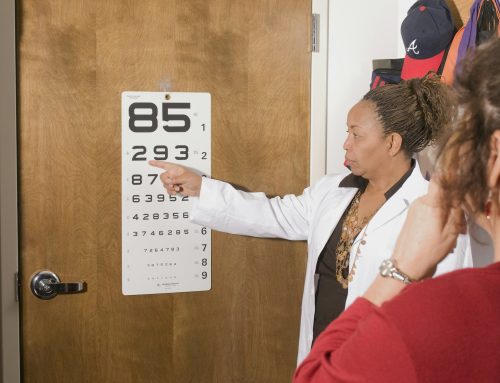When it comes to your vision and eye health, there is an intricate network of professionals, all of whom have studied extensively in the field, that you can turn to. By collaborating with each other, these professionals can ensure that your eyes are healthy, thus enhancing the quality of your life.
Ophthalmologists are one such profession in the industry that you may require service from. However, with all the technical terms and names, it can be confusing to distinguish one job from another. Therefore, let’s explore what an ophthalmologist is and how their role benefits you.
Understanding Ophthalmologists
When it comes to a regular eye check-up, you are likely interacting with an optometrist. Optometrists in Calgary NW are your primary healthcare provider; they conduct your eye exams and determine your glasses and contact prescriptions. They are well-versed in the entire eye’s anatomy and can diagnose any concerns or problems.
Ophthalmologists, meanwhile, are the specialists you visit once your optometrist has discovered an issue and refers you for further evaluation. Their primary responsibility is to conduct any eye-related surgeries, however they are trained to handle roles related to optometrists as well.

When Should You See An Ophthalmologist?
The Canadian Ophthalmology Society recommends seeing an ophthalmologist if you experience any of the following symptoms:
- Significant loss of vision
- Physical changes to the eye
- Changes in vision (blurry faces, sudden spots, flashes of light, double vision, etc.)
- Changes in the field of vision (shadows, black spots, etc.)
When there are significant changes to your vision, they are likely due to more than simply ageing. Surgery may be required to solve these developments.
As a note, ophthalmologists handle more than emergency or unexpected surgeries. If you have ever received laser eye surgery, you have received care from an ophthalmologist.
How Is An Ophthalmologist’s Training Unique?
Typically, those in the field of optometry will attend a master’s program in optometry. This is a four-year program, and in the end, they become a Doctor of Optometry.
Ophthalmologists, meanwhile, attend medical school after completing their undergraduate degree. During their residency, they will specialize in the medical and surgical care of the eyes, allowing for a unique understanding of how they can tackle optical concerns.








